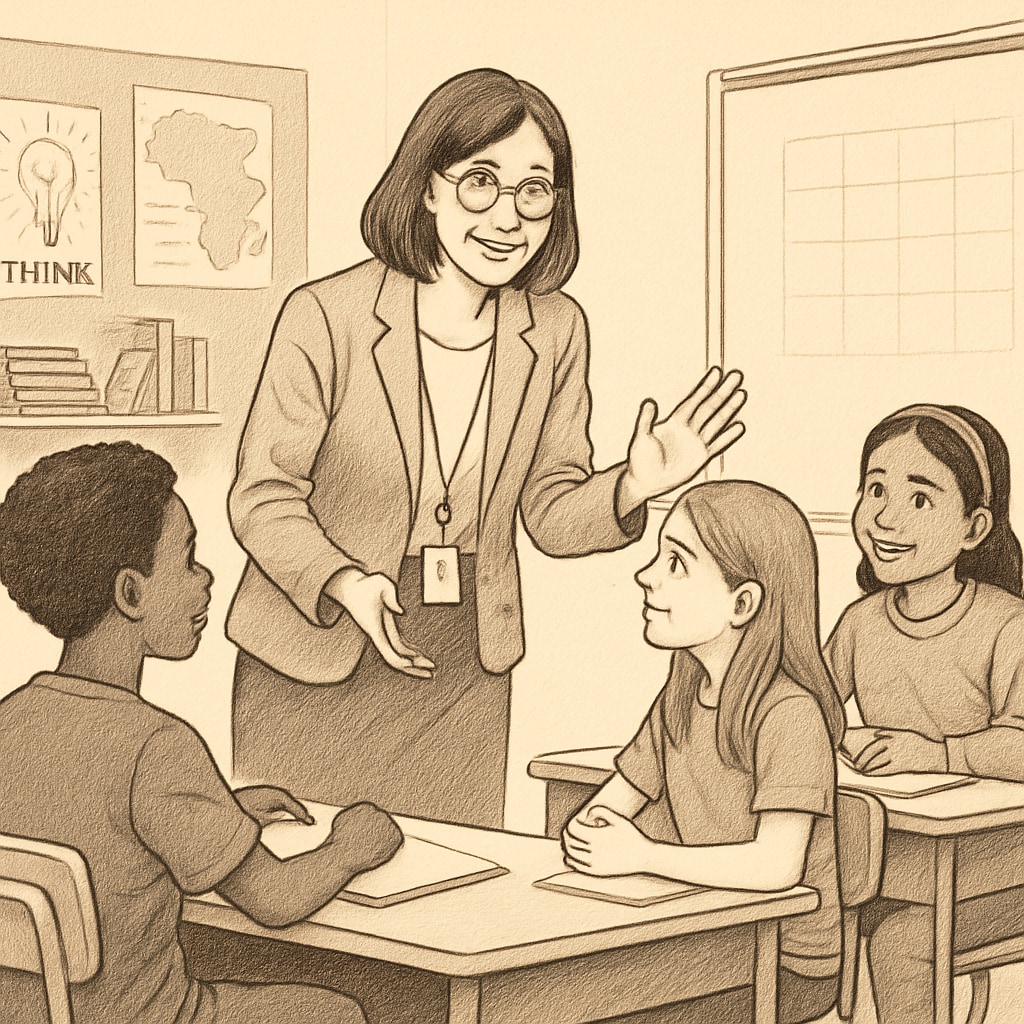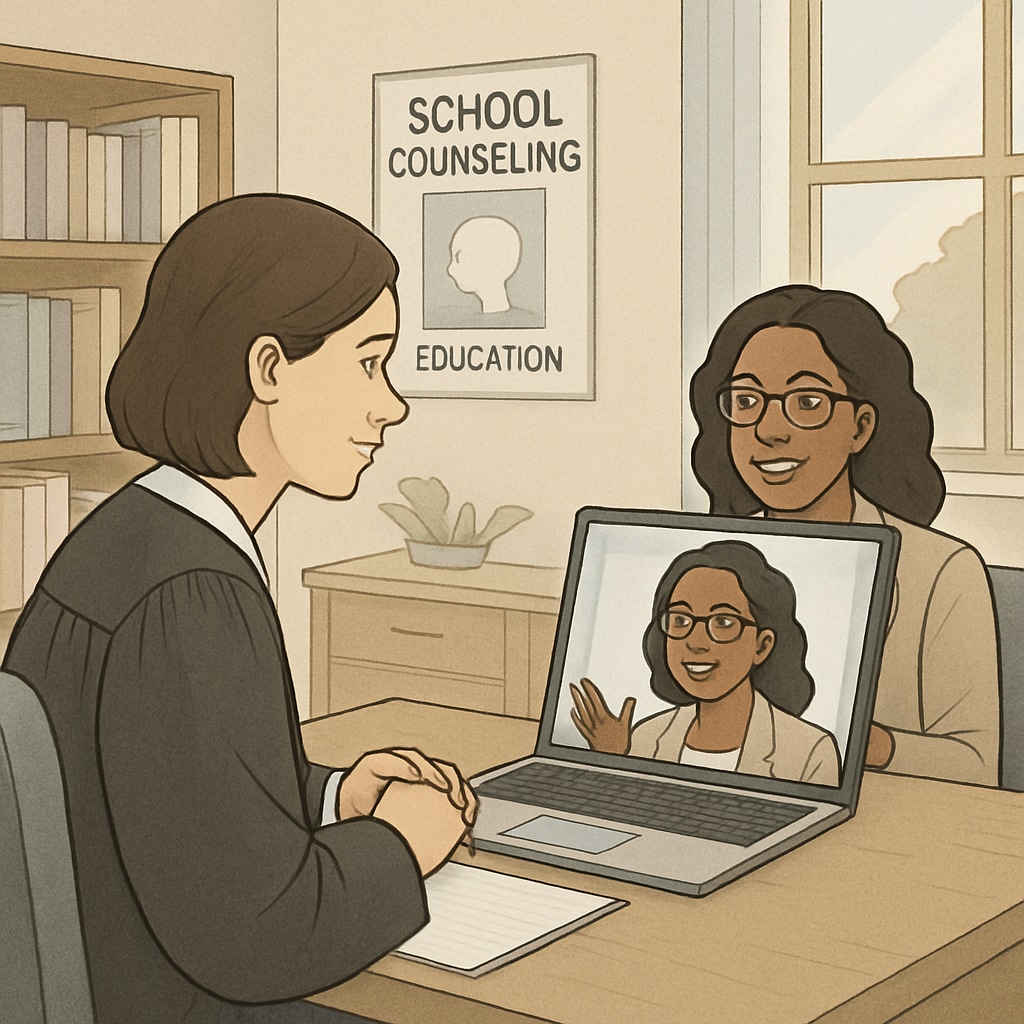Graduate students pursuing studies related to school counseling, research assignments, and counselor interviews often encounter significant obstacles during their academic journey. These challenges primarily stem from systemic barriers within the education framework, time constraints faced by school counselors, and difficulties in establishing effective communication. In this article, we delve into these issues, examine their broader implications for the education system, and propose practical strategies to address these challenges.
Understanding the Challenges in School Counseling Research
One of the primary hurdles graduate students face is gaining access to school counselors for interviews. Counselors are often overloaded with responsibilities, ranging from supporting students’ mental health to managing administrative tasks. As a result, they may not have the bandwidth to participate in external research activities, even if they recognize the importance of such work. Additionally, many schools have strict policies regarding external interviews, which can further complicate the process.

Another challenge lies in the lack of a standardized protocol for approaching counselors. Graduate students may struggle to navigate institutional hierarchies or craft persuasive requests that align with schools’ priorities. This disconnect creates a gap between academic research and practical educational needs, limiting the potential for impactful collaboration.
Bridging the Gap: Strategies for Effective Collaboration
To overcome these barriers, graduate students and educational institutions must adopt innovative approaches. Here are several strategies:
- Early communication: Engage with schools and counselors well in advance to ensure adequate time for planning and approval.
- Institutional partnerships: Universities can establish formal agreements with schools to streamline research processes and provide mutual benefits.
- Flexible scheduling: Offer counselors multiple time slots or asynchronous options, such as written surveys or virtual interviews, to accommodate their busy schedules.
- Clear objectives: Clearly outline the purpose, benefits, and confidentiality measures of the research to build trust and encourage participation.

By implementing these strategies, graduate students can not only enhance the quality of their research but also contribute to the broader discourse on improving school counseling practices.
The Role of Educational Institutions in Supporting Research
Universities and academic advisors play a critical role in facilitating connections between graduate researchers and school counselors. They can offer training on effective communication, provide resources for navigating institutional policies, and even act as intermediaries to establish initial contacts. For example, institutions like The American School Counselor Association offer valuable insights into counselor roles and responsibilities, which can guide researchers in tailoring their approaches.
Additionally, schools can benefit from research findings by gaining access to evidence-based recommendations for improving counseling services. This creates a win-win scenario where academic research directly contributes to enhancing educational outcomes.
Conclusion: Building Bridges for Mutual Growth
While the challenges of conducting school counseling, research assignments, and counselor interviews are undeniable, they also present opportunities for growth and collaboration. By addressing systemic barriers and fostering open communication, graduate students and school counselors can work together to advance both academic knowledge and practical applications in education. As a result, this collaboration not only benefits the researchers but also the schools and students who rely on effective counseling services.
Ultimately, building bridges between academia and frontline educators is essential for creating a more inclusive and supportive education system. It’s a journey that requires persistence, creativity, and mutual understanding, but the rewards are well worth the effort.


